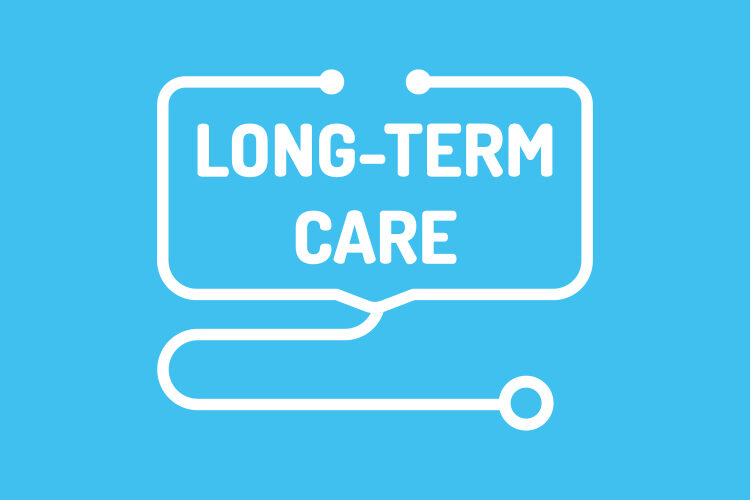Supplemental Benefits Help Consumers Avoid Financial Hardship

Life Insurance 101 Series: This series features IMPACT posts that detail the breadth of the industry’s reach and benefits provided to consumers.
Working Americans recognize that health insurance is essential to protect themselves and their loved ones from overwhelming medical expenses. But even with insurance, a serious illness or injury can still be quite costly.
Think high deductibles and co-pays. Limited paid time off. Transportation and related costs. On top of that, many are strapped with student debt, high housing costs and other bills that make it difficult to maintain enough savings to cover expenses not covered by health insurance.
Fortunately, supplemental benefits provide an affordable way for consumers to avoid financial hardship when faced with a serious accident or illness. These policies help cover the additional costs of significant medical events, separate from the standard treatment costs covered by even comprehensive medical insurance.
Supplemental benefits include payments directly to consumers to use at their discretion. Coverage includes accidents, critical illness, hospital indemnity, cancer/specified disease and similar plans.
Supplemental benefits may be in one lump sum, for example, upon a cancer diagnosis. Or benefits may fluctuate depending on the severity of an accident or illness and corresponding additional costs during recovery and treatment.
Many insurers offer supplemental benefits directly to consumers or through the workplace. This can be either individually or as a part of a group plan. Consumers can use these benefits as part of a comprehensive financial protection plan.
This year, the National Association of Insurance Commissioners is reviewing “minimum standards” required for these products. The American Council of Life Insurers is working with state regulators and other interested parties so that consumers retain access to these vital financial protections.
Unlike primary medical insurance, supplemental benefits are “in addition to” and not “in place of” major medical coverage. The life insurance industry is committed to these supplemental benefits that do so much to lessen the financial impact of accidents and illnesses on consumers.



